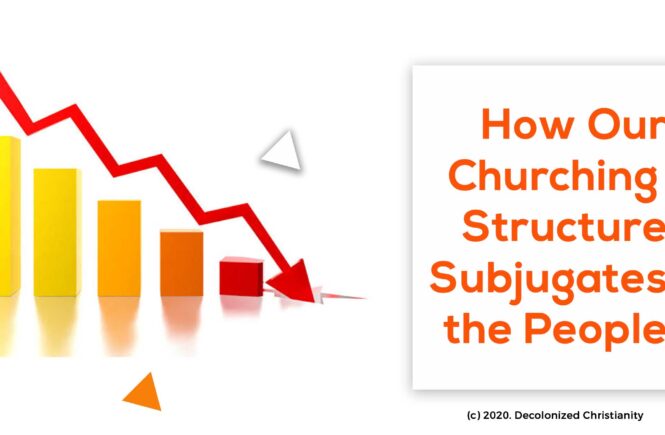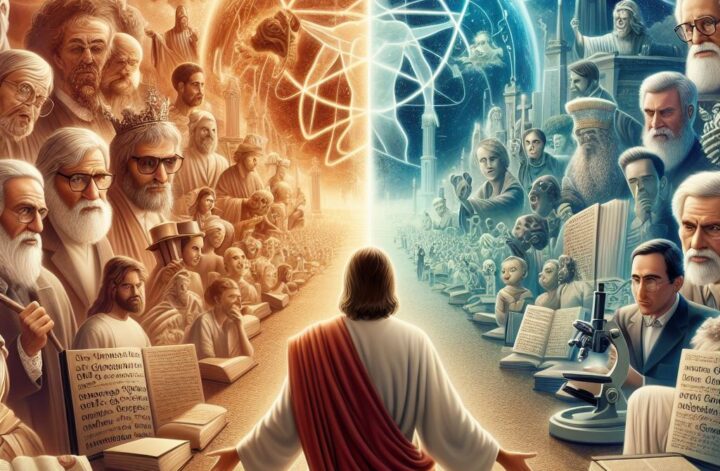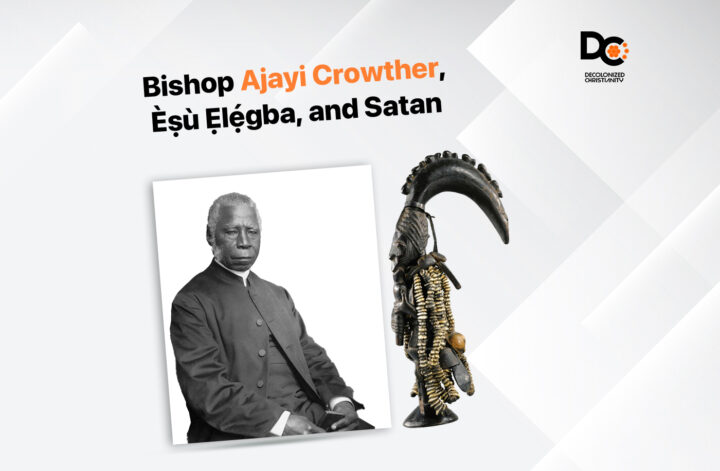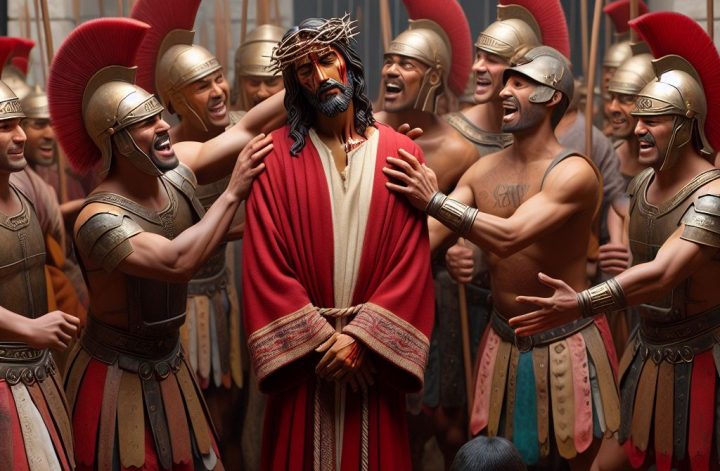Problems Accompanying the Structure
Having argued that the churching structure is lacking in any normative power, it ought to be at least obvious that believers need not defend it like it’s a pure directive from heaven. Yes, we are used to associating church with the familiar one-man-show order, but this probably is just nothing more than a mere tradition—and tradition, someone says, is often simply undue pressure from dead people. I shall now describe some more practical issues with the churching structure that I believe hinder nation-building.
1. Preachers generally produce clones of themselves in ministry
One of the most unfortunate observations about the structure is that it is susceptible to becoming a controlling tool. No, I am not here addressing cases of deliberate control; instead, I am saying that it is very difficult for the structure not to become a tool for control, especially in Nigeria and much of Africa.
Our traditional ways of life already apportion arguably too much weight to authority. “Authority” for us is usually positional or seniority in age. We highly respect human authority, and the gods even deserve much more respect. This cultural background largely influences the preacher-parishioner relationship, even before any theological considerations. So, the largely unchallenged assertion that preachers receive what they teach directly from God encourages the parishioners to want to become like their preachers – the Jheri curl, (white) suits, and KJV English all included. If God uniquely weekly speaks to a preacher, without so doing to other church members, this would viscerally, at least, suggest that there is something inherently special about the preacher (and his position) —something that may be imitated in hope that one would someday also become a confidant of God. A similar reasoning posits that the words of the preacher—at least, in the context of preaching—are inerrant; preachers cannot be wrong on matters that God reveals to them, can they? This partly informs why many Nigerian Christians see their pastors as the final authority on practically all matters. It also may inform the nauseating practice of assistant pastors and other church leaders, on the rare occasions that they get to give the sermon or during other speaking capacities, try very hard to come across like their lead pastors.
Of course, we know that it is very unlikely that God speaks to preachers weekly about every word in their sermons. In any case, we know that the words of a preacher are not necessarily infallible or inerrant. We know this partly because preachers generally change some of their doctrinal views, sometimes in a volte-face fashion, over time. For example, the veteran preacher, W.F Kumuyi, now thinks diametrically differently than he did in his youth about some doctrinal matters. Similarly, the recent tithing issue forced many preachers to speak unequivocally on the subject, and many of them embraced a softer position than they had previously taught. In these cases, are we to say that God changed his mind on these matters, instructing preachers differently later in their lives than he did earlier? That cannot be.
Where the damage is most profound, though, is in how the structure causes hundreds, sometimes thousands, of parishioners to dissolve their uniqueness by reducing themselves to pathetic copies of their beloved pastors. The typical church member thinks exactly like the pastor on politics, parenting style, theology, socioeconomic views, etc. Even sadder, they think – having been so taught – that it is their heaven-given duty to follow their pastors in this way. Generally, parishioners are clones of their pastors.
This is a troubling reality for developing nations. Take the largest Christian denomination in Nigeria as an example. Let us conservatively put their number in Nigeria at 15 million and Nigeria’s current population at 200 million. This clones-making phenomenon would have the effect of reducing the nation’s human resources by about 7.5 %. Now, consider further that some 40+ % of Nigerians belong to a church. If we assume that these precious souls all belong to clones-making churches, we would have about 80 million people reduced to a few hundreds by denominations, many of which can be further conveniently lumped together since they generally do not have substantive theological differences. In other words, 80 million unique human beings are reduced to, say, 50 thousand clones by our churching structure. This is one reason I’m disheartened everytime I hear that another intelligent sister or brother has been called to ministry. Surely, God is capable of calling people to other things or even more effective ways of doing ministry.
Lagbaja was wrong when he called us 200 million mumu. We are effectively more like a few thousand ideologically distinguishable mumu.




